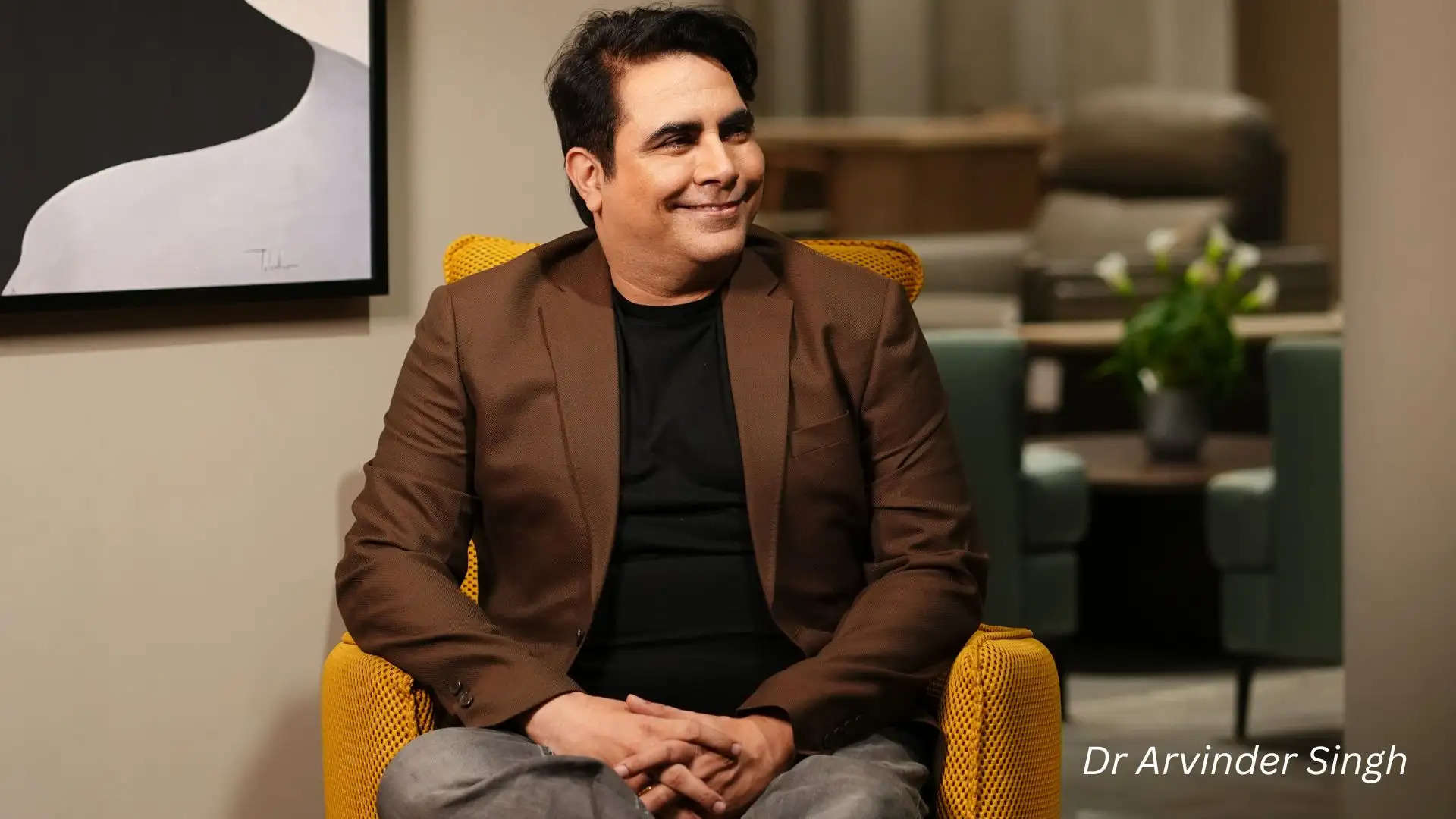Role of Non-Academic Skills in Elevating Patient Care
Dr Arvinder Singh, CEO and CMD of Arth Group, explains the need for healthcare professionals to learn capabilities that go beyond diagnosing and treating illnesses - such as communication skills, negotiation techniques, knowledge of law, marketing and branding strategies, financial acumen and an understanding of AI.
Udaipur, December 15, 2024 - In 1950, after independence of India, the leaders who helped shape India’s modern healthcare system first set their goals, they likely imagined a future of medical excellence and progression. As decades passed, healthcare professionals now face challenges they never could have predicted.
I say this with the perspective of someone who trained at King George Medical College and also studied management and law. This background revealed a simple truth to me: While our medical colleges provide tools like the stethoscope and scalpel to heal patients, they often do not offer the “compass” we need to navigate today’s world, where medicine is governed not only by science but also by marketing strategies, finance, regulatory laws and technology. To be relevant in current era, healthcare professionals must learn non-academic skills too.
Non-Academic Skills
By “non-academic skills,” I mean capabilities that go beyond diagnosing and treating illnesses. These include communication skills to counsel patients and influence peers, negotiation techniques to work with suppliers as also knowledge of law to protect ourselves and our patients. Additionally, we also need marketing and branding strategies to ethically promote our services, financial acumen to manage costs effectively, and have an understanding of artificial intelligence to keep pace with modern innovations.
In today’s India, where Right to Health ordinance and programmes like Ayushman Bharat promise affordable healthcare to millions, these non-academic skills have become vital for success. Consider a simple example: Dr Mandeep Singh, an excellent cardiac surgeon, used to struggle to convince a medical supplier to offer fair prices for medical equipment. He knew the human heart well, but not the “heart” of a business deal. As a result, he used to overpay for equipments, reducing funds for patient care. After learning basic negotiation tactics, he not only got a better deal but also freed resources to improve patient services. The effect was great. He was able to save money and could purchase better-quality instruments, benefiting patients directly.
We can heal complex conditions like autoimmune disorders and cancers, but we may fail to read a financial statement. We can comfort a diseased patient, but we may not know how to properly brand our clinic so that needy patients can find it. We can understand the complex human systems yet struggle to understand the complex laws that govern healthcare practices. These contrasts show that knowledge of medical science alone is not enough.
Extending Outreach
India currently faces a doctor-to-patient ratio that is lower than the World Health Organisation’s recommended standard. While this number is getting better, many healthcare professionals still work under pressure. With better financial skills, a doctor might manage resources more efficiently. With strong technical and communication skills, a physician might reach more patients through telemedicine, especially in rural areas. AI tools can assist in diagnosing conditions faster, freeing up time for patient interaction. According to a latest data, the use of AI in Indian healthcare could improve diagnostic accuracy up to 30%. Such progress is not just nice to have—it can save lives.
India is well known for its diverse landscape. Our hospitals are in big cities, small towns, and villages. We treat patients who speak different languages and follow different customs. To serve them well, healthcare professionals must learn how to communicate across cultural boundaries. For example, a doctor might need to explain treatment plans using dialects and relevant visual aids to ensure understanding.
Not a Distraction
Many of intellectuals may wonder that learning about business strategies, branding skills, law or AI will distract them from clinical work. But be assured that these skills are not distractions; they are tools that support and enhance patient care. A physician who understands branding principles can reach patients who need specialised care. A surgeon well versed with contract law can have better protection from lawsuits arising after surgical interventions. A paediatrician who learns about AI can give better and early diagnosis, improving outcomes for paediatric population.
India's healthcare system is changing fast, reflecting the need of evolution of healthcare professionals. By learning non-academic skills, healthcare professionals can go fulfil the diverse needs of patients from diverse social and cultural backgrounds. By this their mission is fulfilled as caregivers and ensure that services are fair, modern and accessible to diverse Indian population.
To join us on Facebook Click Here and Subscribe to UdaipurTimes Broadcast channels on GoogleNews | Telegram | Signal



